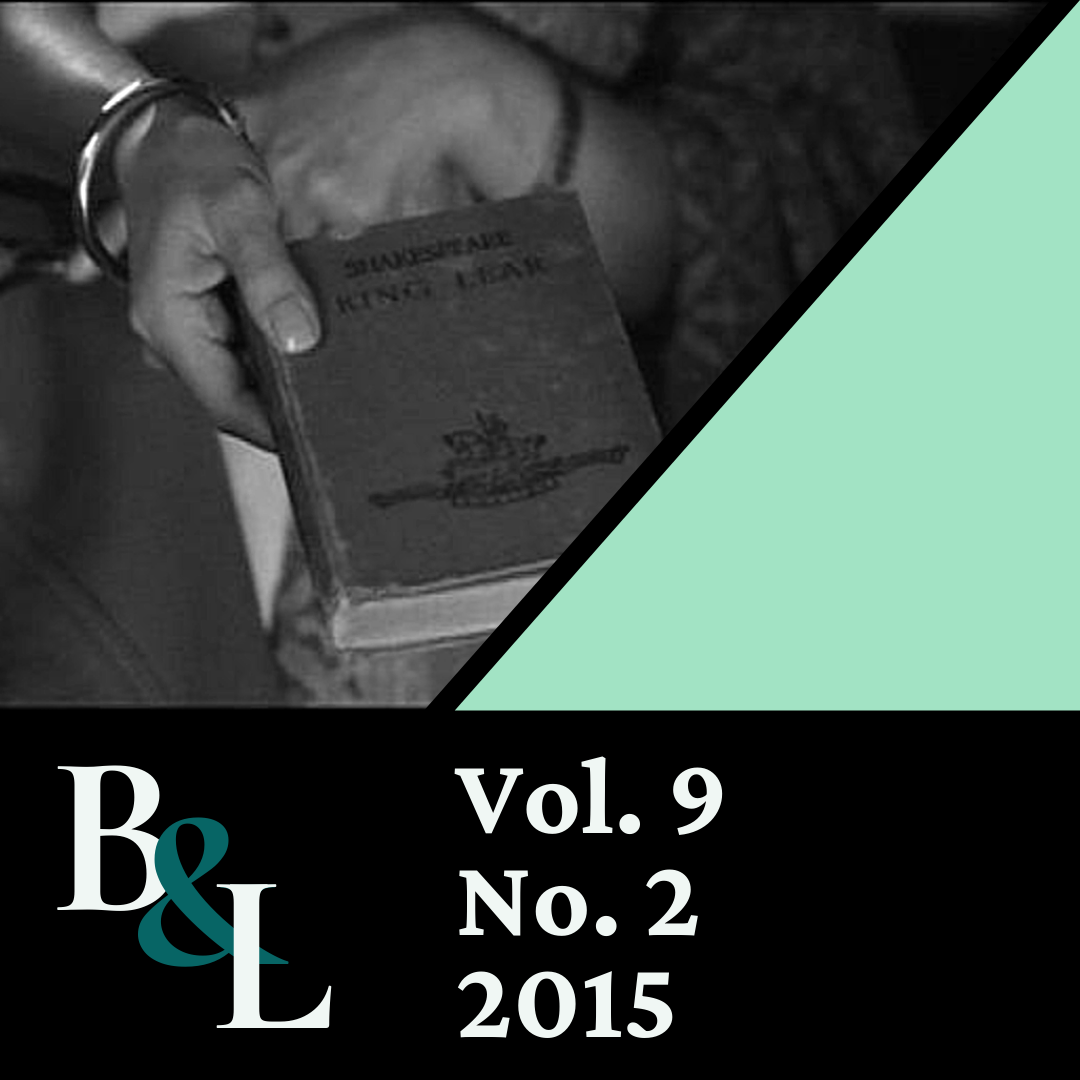Shakespeare, Empire, and the Trinidad Calypso
Abstract
Carnival and calypso are such defining aspects of Trinidadian identity that an examination of the presence of British historical, cultural, and literary influence on the music reveals much about not only the reception and the treatment of Shakespeare in the Caribbean, but also the ways in which Trinidadians saw themselves in the imperial project and in the struggle for independence. This paper traces the development of calypsos from Trinidadian French Creole (Patois) to English, showing the ways in which English language and literature (and specifically Shakespeare) became synonymous with prestige and learning, even as they provided material for social protest and satire. The paper also provides a critical survey of how calypsonians adopted, adapted and appropriated Shakespeare in their songs, especially in the period before Trinidad and Tobago became a Republic in 1976; thereafter, themes became less centered on British history and the literary canon.


